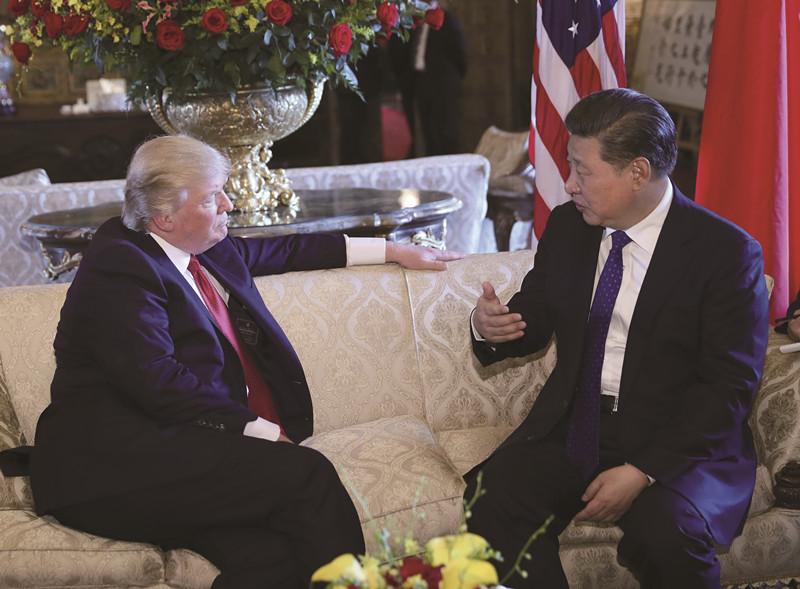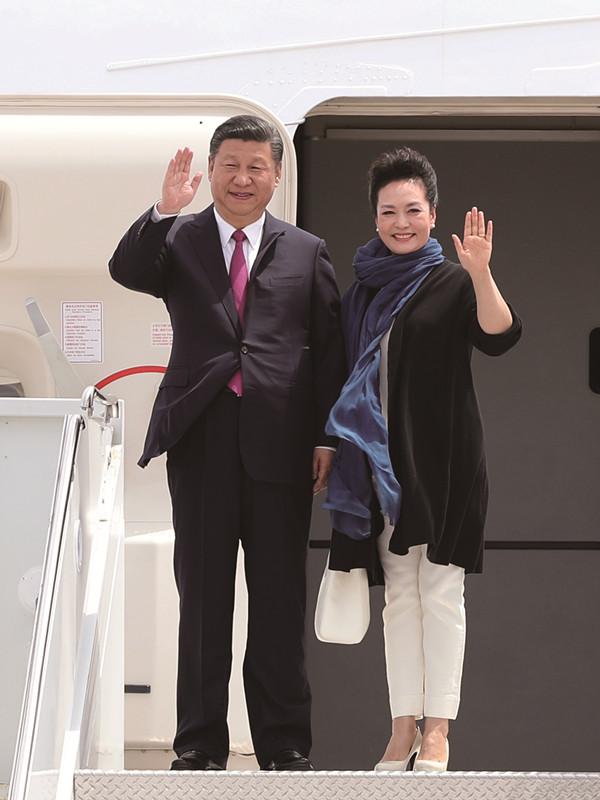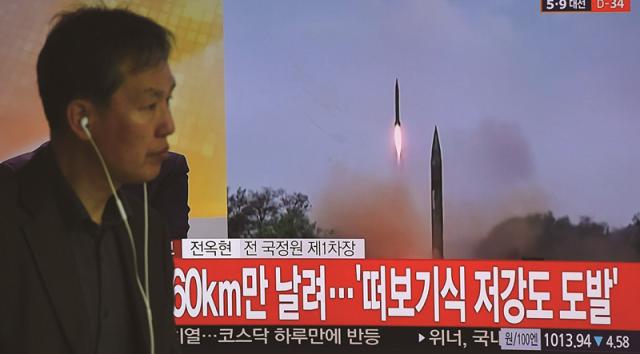For other Chinese experts, besides its symbolic significance, the Xi-Trump summit also made important progress on issues that could potentially help to address the strategic distrust between the two countries in the long run.
For example, Sun Xingjie, a political scientist at Jilin University said in an interview with Duowei News, an overseas Chinese media outlet, that the biggest achievement of the Xi-Trump summit is that the two sides have reached “a consensus that no matter what happens to the Korean Peninsula, the two countries will avoid direct military conflict.”
Prior to the summit, China had strongly criticized US military activities round the Korean Peninsula, leading to much speculation over China’s reaction if conflict erupts in the region. On China’s social media, there have long been discussions about the possibility of a second “War to Resist America and Aid Korea,” as the Korean War is officially called in China.
According to Sun, through the summit, China sent a clear message, both in the US and at home, and particularly to North Korean leader Kim Jong-un, that there would be no military aid from China if war erupted.
Indeed, after the summit, there seemed to be a subtle change in Beijing’s rhetoric over the North Korea issue. Contrary to Beijing’s routine protests regarding US military activities in the region, China’s Foreign Affairs Ministry and major state media have been rather quiet on the recent supposed US military maneuvers in the vicinity of the Korean Peninsula.
Instead of criticizing the US, the Global Times, a state-owned and hawkish nationalist newspaper, even warned that if North Korea made another provocative move, China may adopt unprecedented sanctions, “such as restricting oil imports.”
Also, on April 12, after returning to China, Xi made a phone call to Trump, specifically on North Korea, during which Xi said that China is “committed to the target of denuclearization on the [Korean] peninsula,” and is willing to maintain “communication and coordination” with the US, which Sun said was an unprecedentedly cooperative tone for China.
Moreover, to the surprise of many, China decided to abstain in a vote on a UN resolution regarding use of chemical weapons in Syria, which analysts said reflected the goodwill established between the two leaders during the summit. China has previously used its veto on Syrian votes six times, but this time Russia was left to veto the action alone.
For Sun, China’s recent actions are in line with Xi’s statements in his meeting with Trump that the future of the bilateral relationship in the next 40 to 50 years needs the leaders on both sides to “make a political judgement” and “take historical responsibility.”
“Political judgement” means the two leaders need to decide whether they see the other country as an enemy or a partner, Sun said, and by “historical responsibility,” the significance of the bilateral relationship toward the peace and stability of the world.
According to China’s state news agency Xinhua, Xi has invited Trump to visit China, and Trump is said to have accepted the invitation. It is likely that the “positive chemistry” the leaders of the world’s two largest economies found in their first meeting will continue.
But as Pyongyang remains defiant and the various issues between the two countries remain unsolved, whether the two countries can really open a new start for the world’s most important bilateral relationship remains a question.

 Old Version
Old Version

